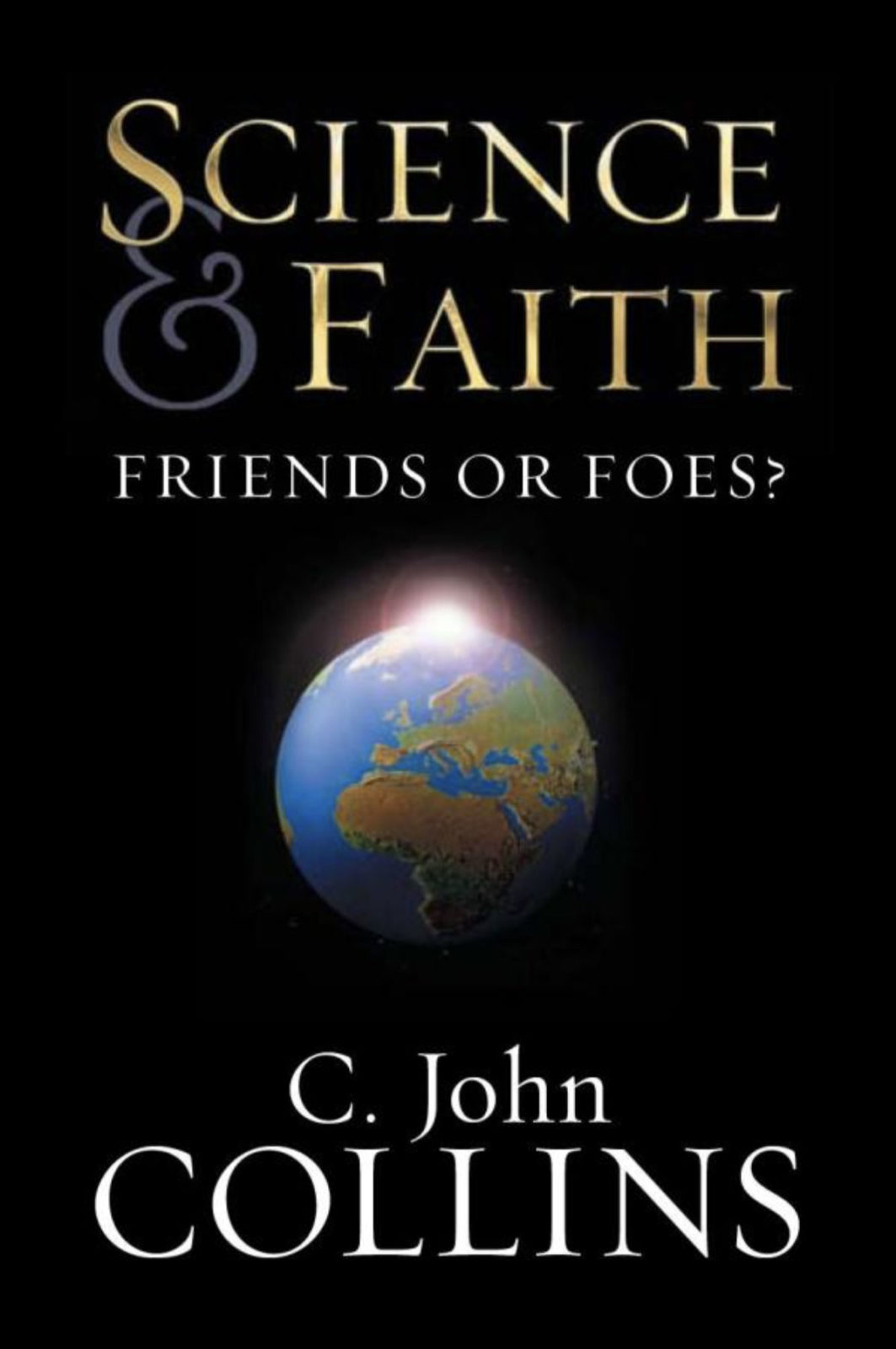
Search

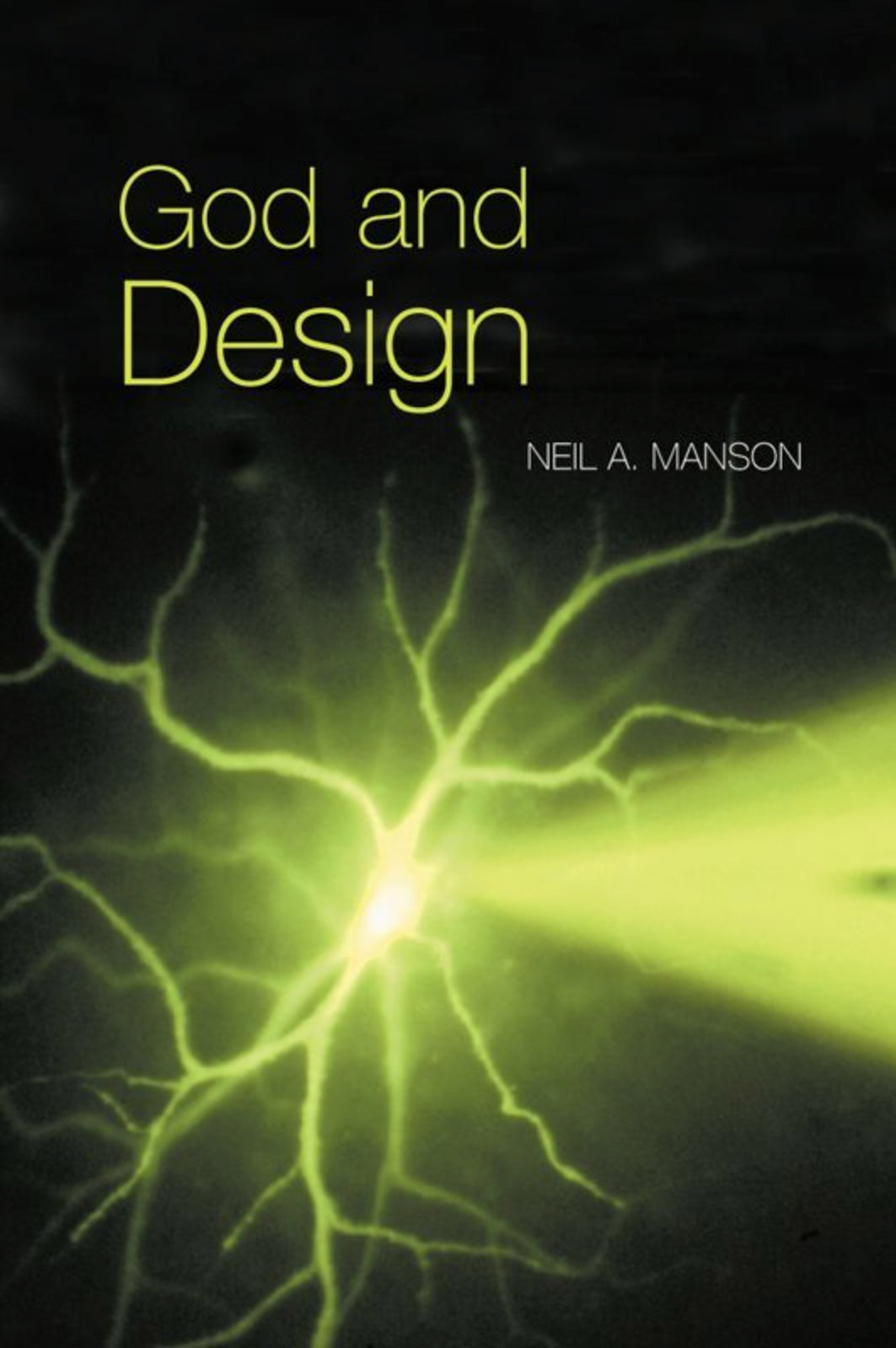
God and Design
Recent discoveries in physics, cosmology, and biochemistry have captured the public imagination and made the Design Argument – the theory that God created the world according to a specific plan – the object of renewed scientific and philosophical interest. This accessible but serious introduction to the design problem brings together new perspectives from prominent scientists and philosophers including Paul Davies, Read More ›
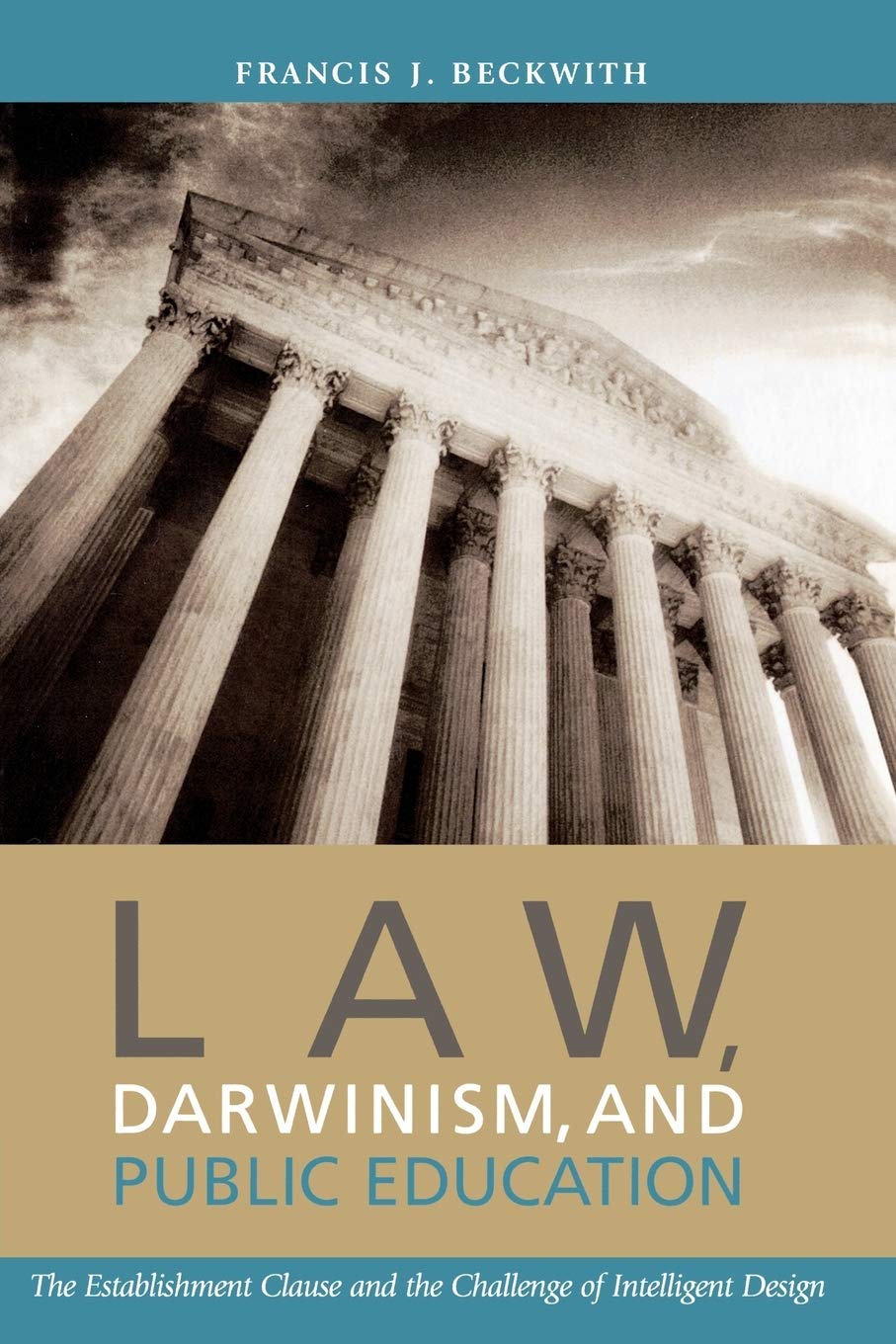
Law, Darwinism, and Public Education
Legal scholar and former Discovery Fellow Francis J. Beckwith recounts the legal history of court battles over the teaching of biological origins. Though many thought that the landmark Supreme Court case Edwards v. Aguillard would permanently settle these questions by ruling creationism unconstitutional, Beckwith observes that intelligent design poses a new challenge to legal scholars. Beckwith, who has published about Read More ›
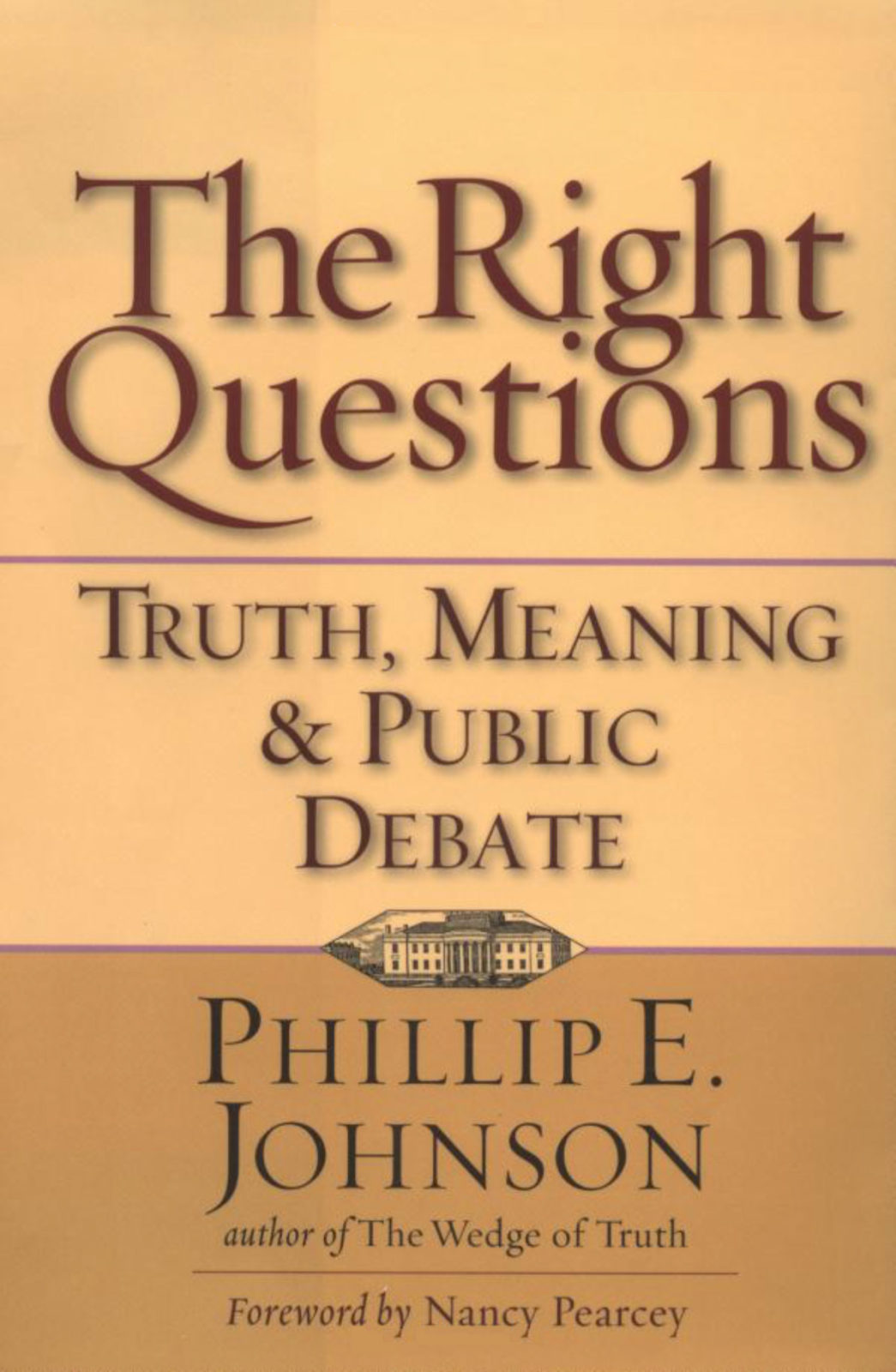
The Right Questions
An ECPA 2003 Gold Medallion Finalist! Phillip E. Johnson pries the lid off public debate about questions of ultimate concern — questions often suppressed by our society’s intellectual elite. Moving far beyond matters of creation and evolution, Johnson outlines the questions we all ought to be asking about the meaning of human history, the limits of scientific inquiry, religion and Read More ›
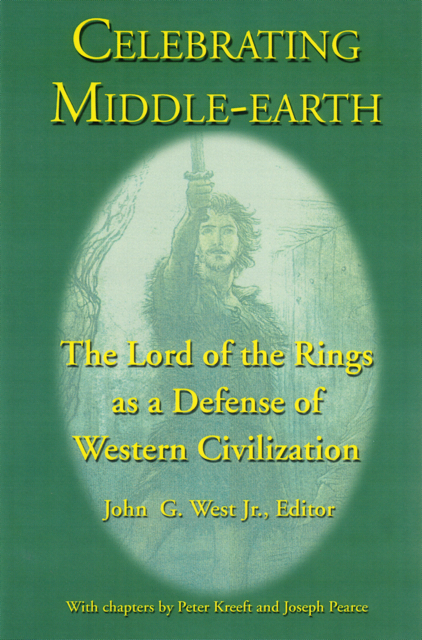
Celebrating Middle-Earth
Six talented writers and Tolkien scholars describe the role that J. R. R. Tolkien’s The Lord of the Rings has in the literary, political, and religious traditions of Western civilization. Chapters include “The Lord of the Rings as a Defense of Western Civilization” by John G. West; “Wartime Wisdom: Ten Uncommon Insights about Evil in The Lord of the Rings” Read More ›
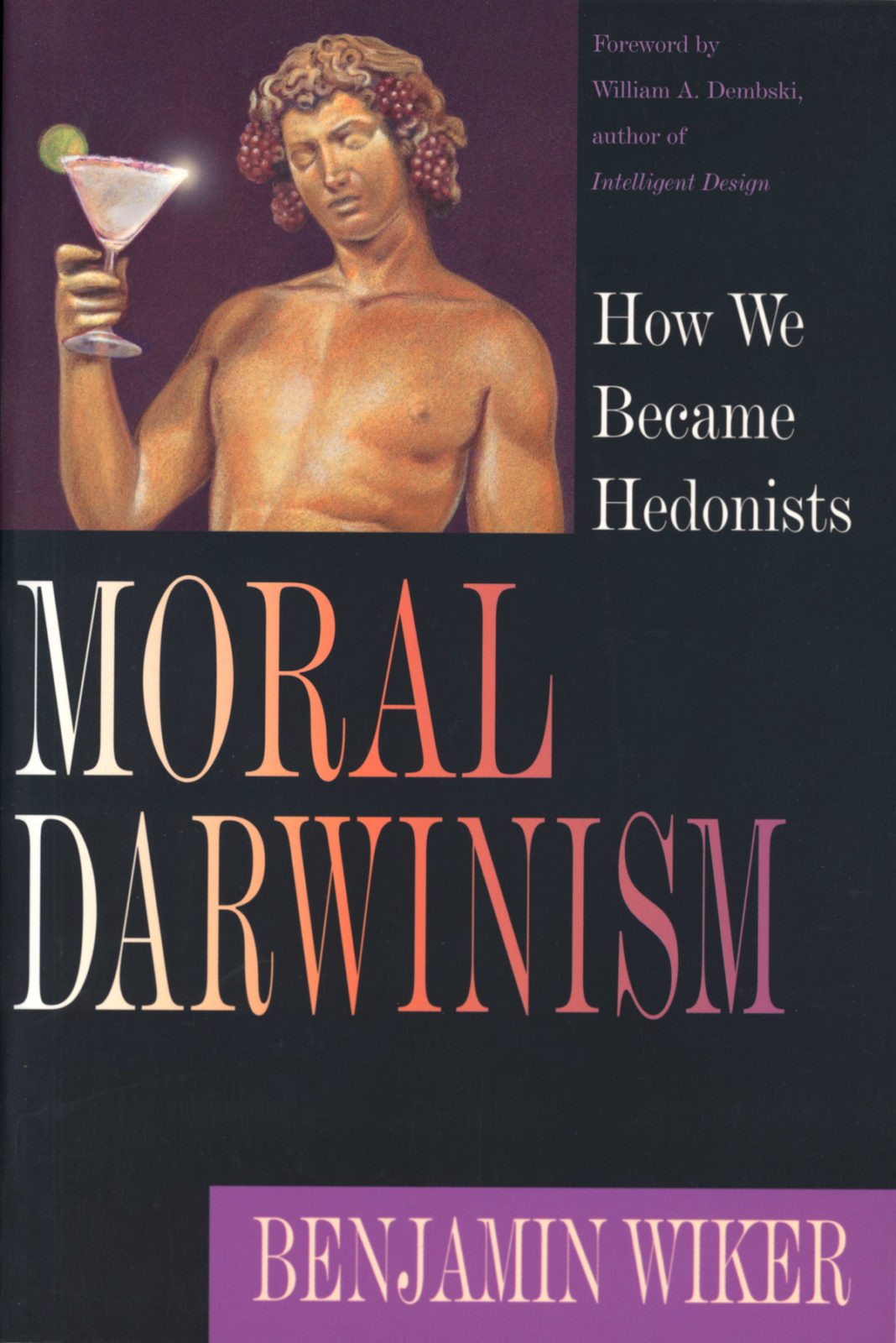
Moral Darwinism
In this book, Senior Discovery Institute Fellow Benjamin Wiker does a brilliant job of tracing the roots of hedonism. Insofar as traditional theists sense an underlying cause for the moral decline of Western culture, all roads lead to Epicurus and the train of thought he set in motion. For Epicurus, pleasure consisted in freedom from disturbance. For Epicurus, to allow Read More ›
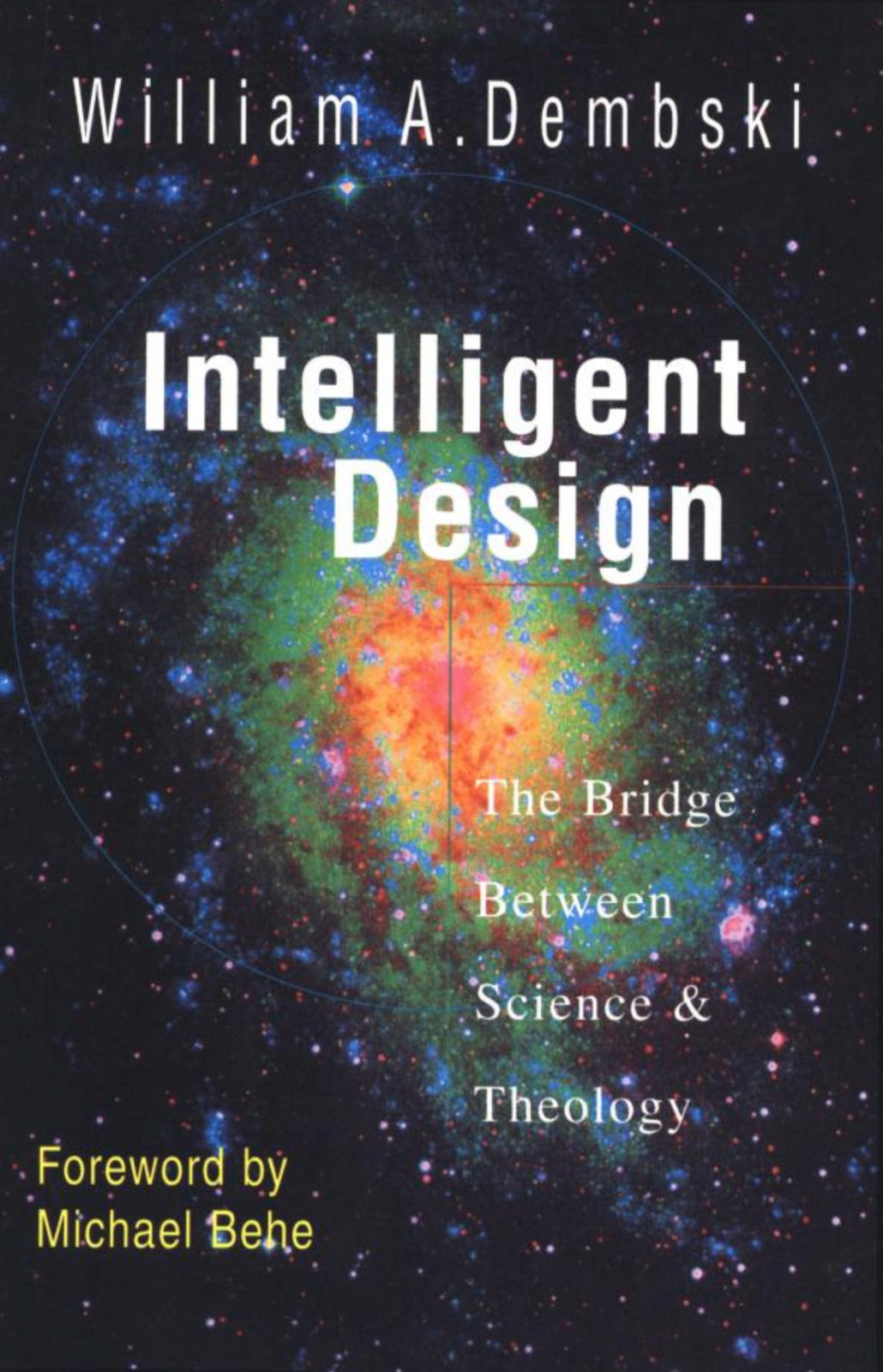
Intelligent Design
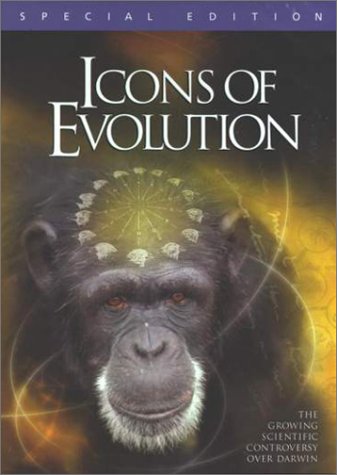
Icons of Evolution Documentary
Are students learning the whole truth about Darwin’s theory of evolution? According to a growing number of scientists, the surprising answer is no. They claim that many of the most famous “Icons of Evolution” — including Darwin’s “Tree of Life”, finches from the Galapagos Islands, and embryos that look remarkably similar — are based on outdated research and sloppy logic. Read More ›
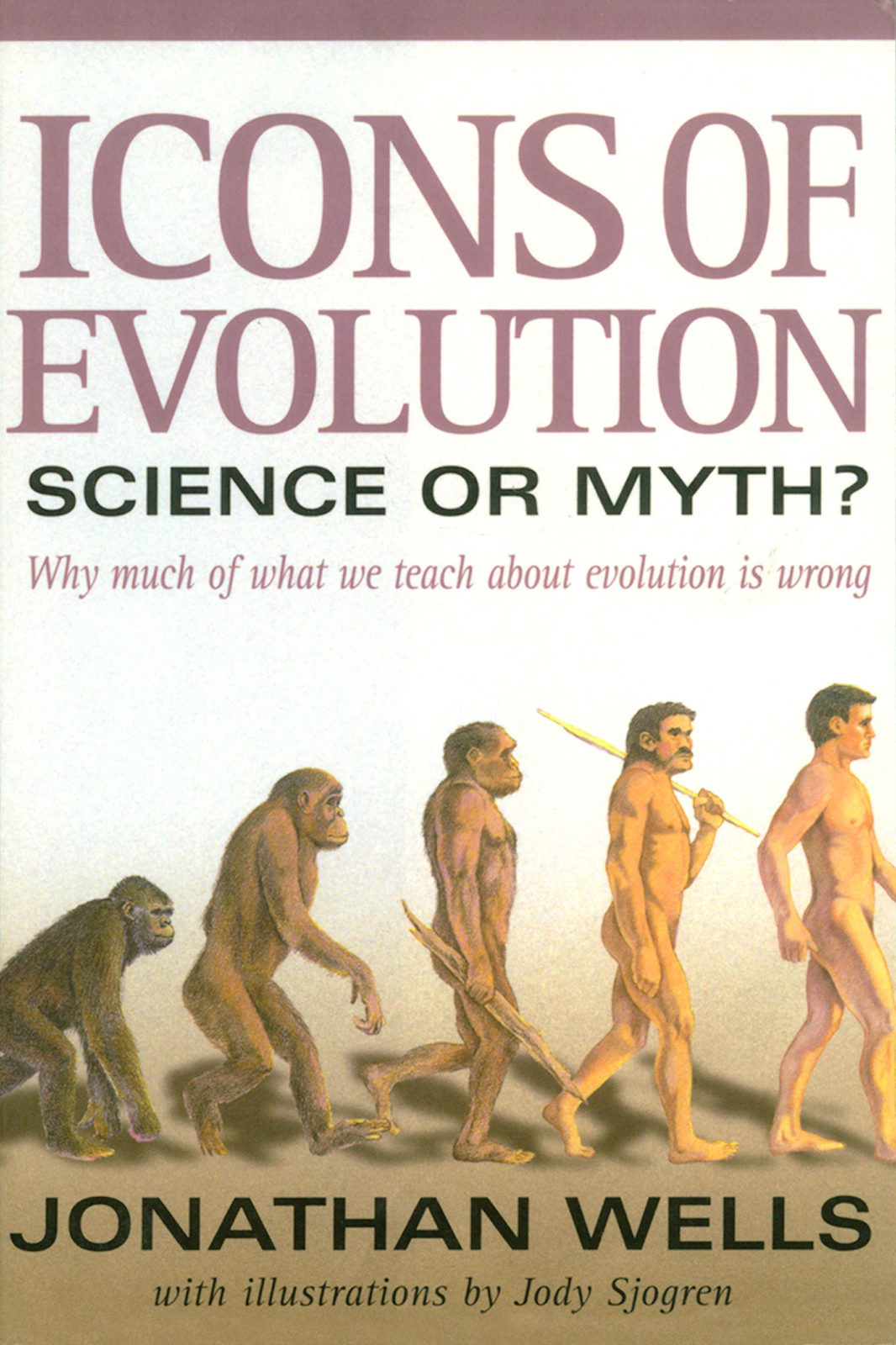
Icons of Evolution
Authored by developmental biologist and Senior Discovery Fellow Jonathan Wells, this book takes aim at 10 common “icons” used to bolster Darwin’s theory in widely used biology textbooks. The “icons” commonly cited to support evolution in textbooks turn out to be scientific urban legends, long-refuted fakes, or misrepresentations of the scientific data. One of the most famous “icons” discussed is Read More ›
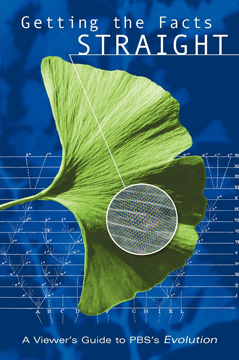
Getting the Facts Straight
Accuracy and objectivity are what we should expect in a television documentary – especially in a science documentary on a publicly-funded network. But the PBS Evolution series falls far short of meeting these basic standards. It distorts the scientific evidence, ignores scientific disagreements over Darwin’s theory, and misrepresents the theory’s critics. The series also displays a sharply biased view of Read More ›
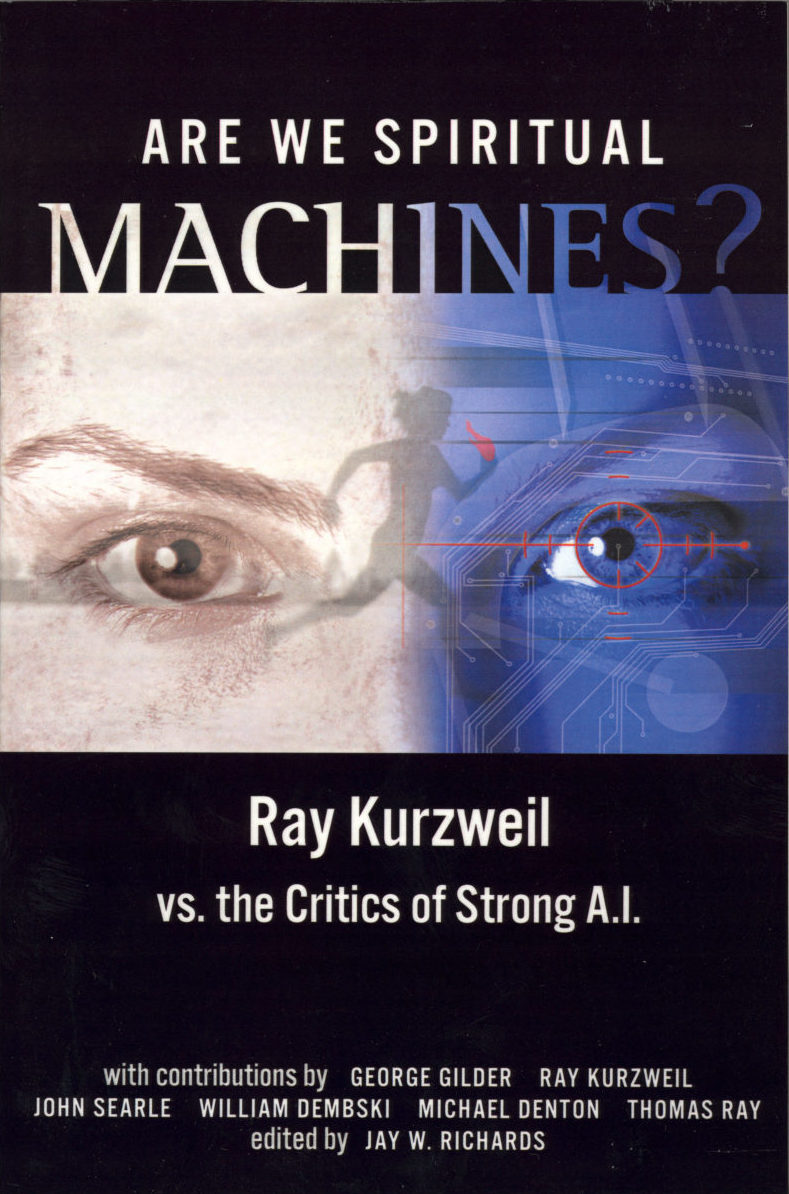
Are We Spiritual Machines?
In the closing session of the 1998 Telecosm conference, hosted annually by Gilder Publishing and Forbes at Lake Tahoe, inventor and author Ray Kurzweil engaged a number of critics. He advocated “Strong Artificial Intelligence” (AI), the claim that a computational process sufficiently capable of altering or organizing itself can produce “consciousness.” The session had an unexpectedly profound impact, not least Read More ›
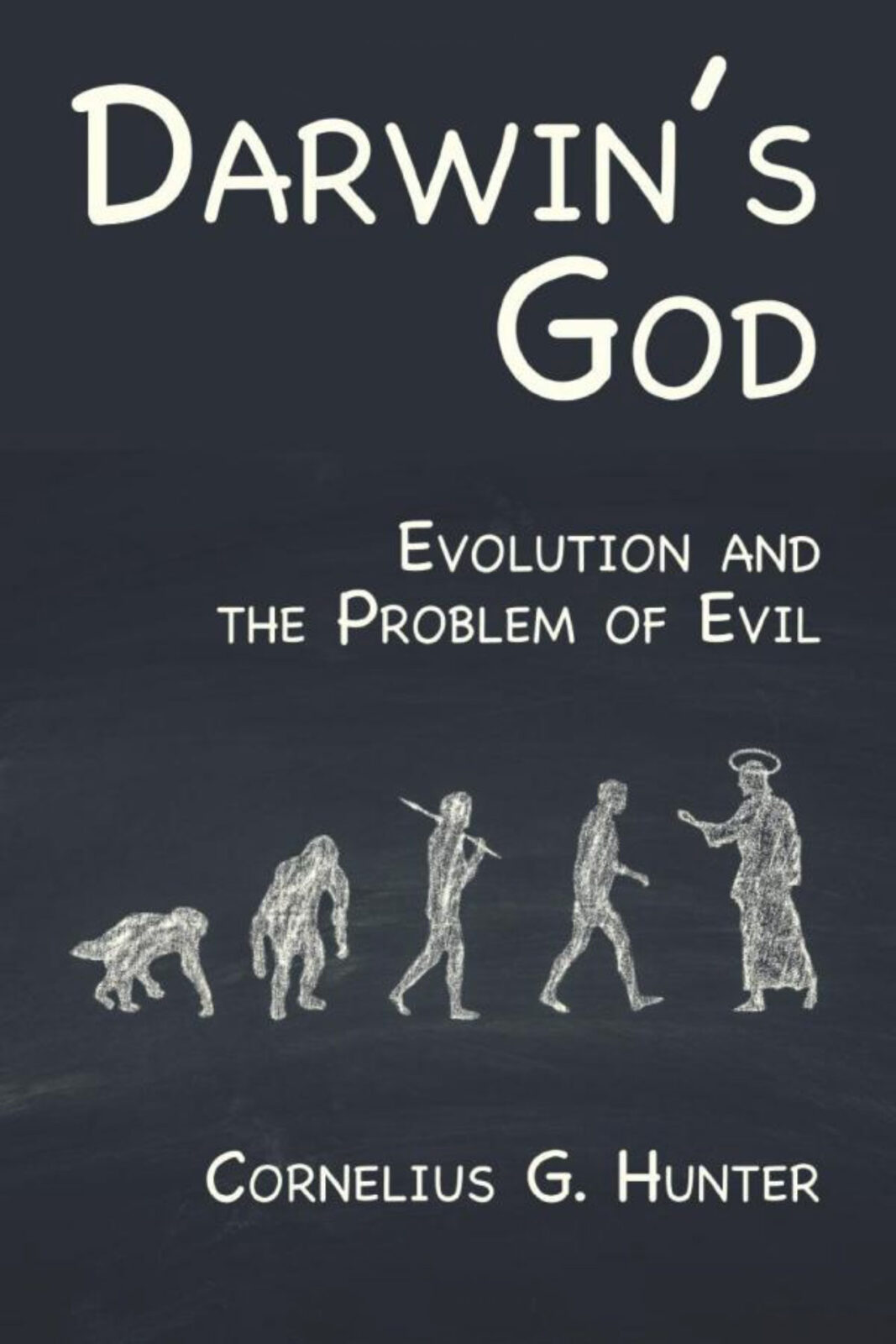
Darwin’s God
Biophysicist and Discovery Fellow Cornelius Hunter scrutinizes the evidence used to support Darwinian theory. Not only does Hunter find that the scientific evidence for Neo-Darwinism is weak, but he exposes that much of evolutionary theory has historically been built upon dysteleological arguments against design. In other words, evolution grew in popularity because it argued against a particular theological position, not Read More ›
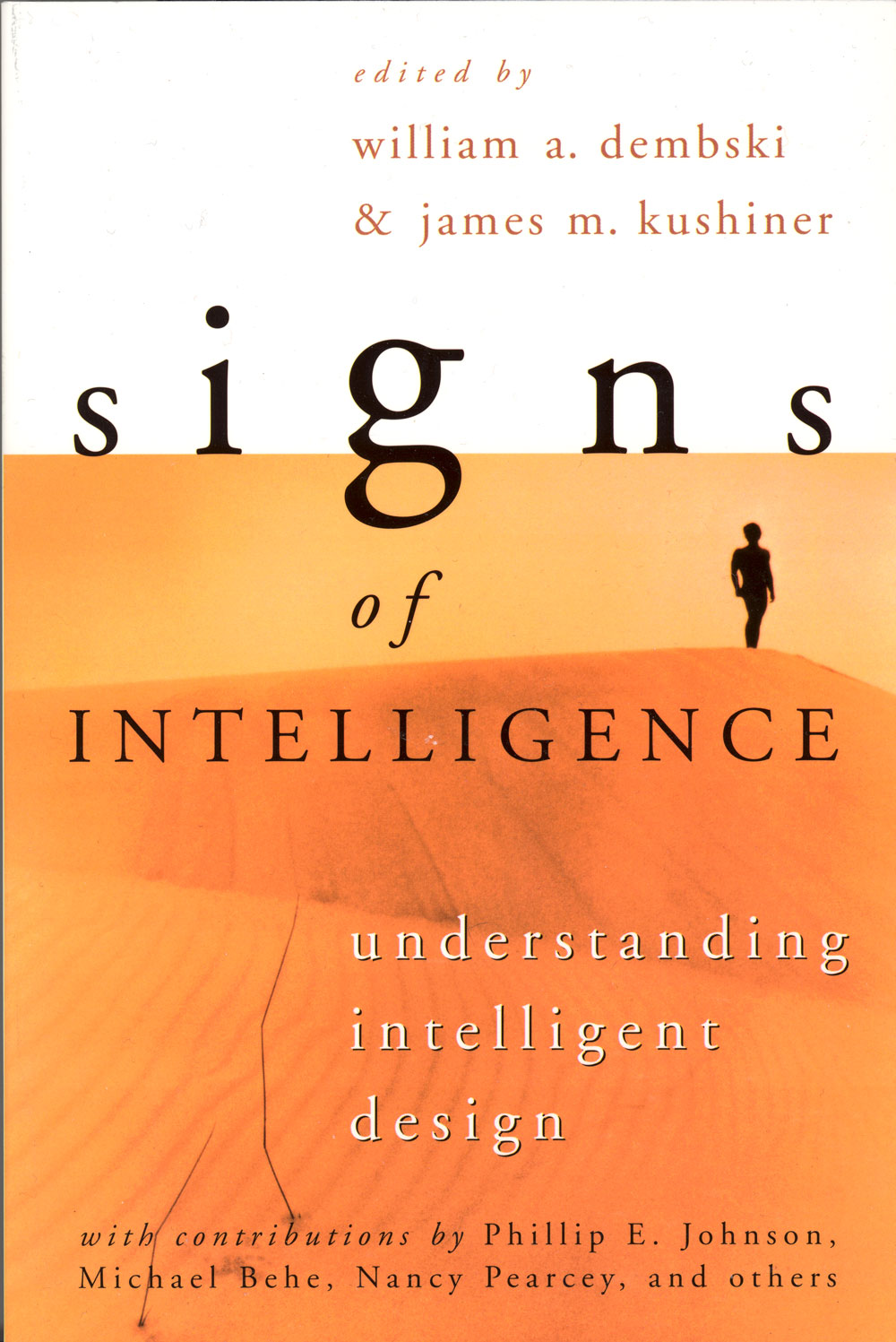
Signs of Intelligence
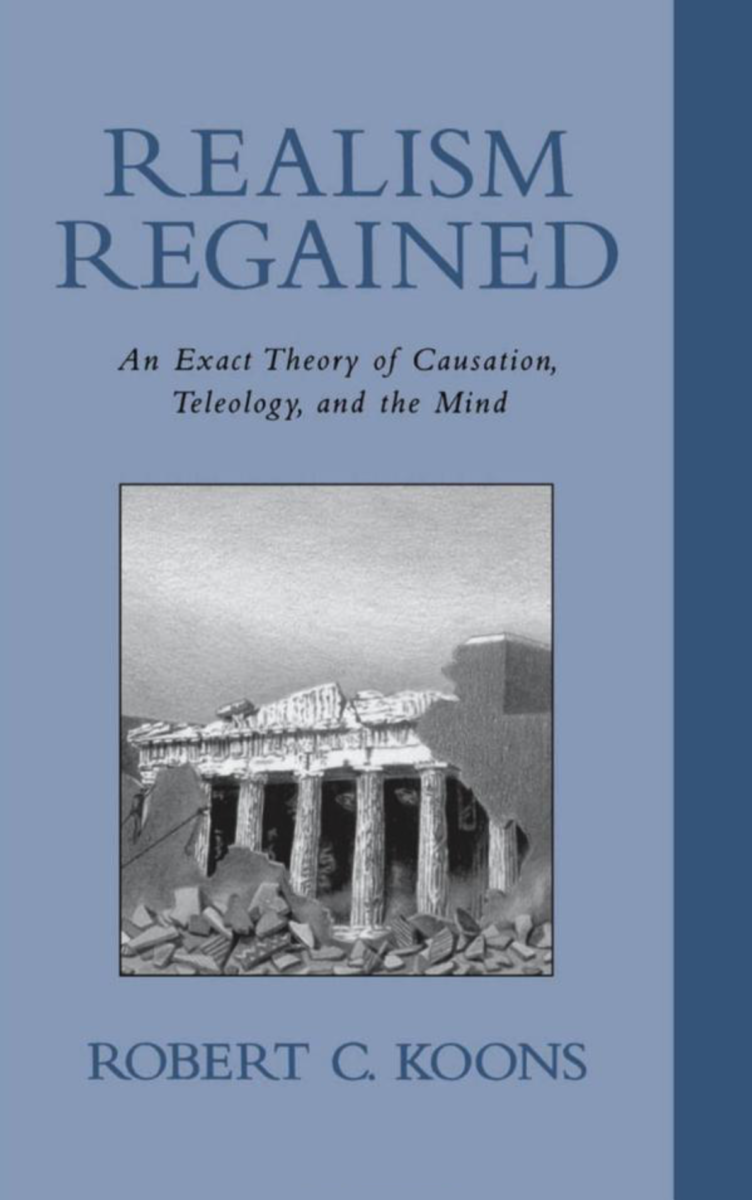
Realism Regained
In this technical philosophical treatise, Discovery Institute Fellow Robert C. Koons investigates an innovative philosophy of mind. Koons takes on two powerful dogmas in this wide-ranging philosophical work: anti-realism and materialism. In doing so, Koons develops an elegant metaphysical system that accounts for such phenomena as information; mental representation; our knowledge of logic, mathematics and science; the structure of spacetime; Read More ›
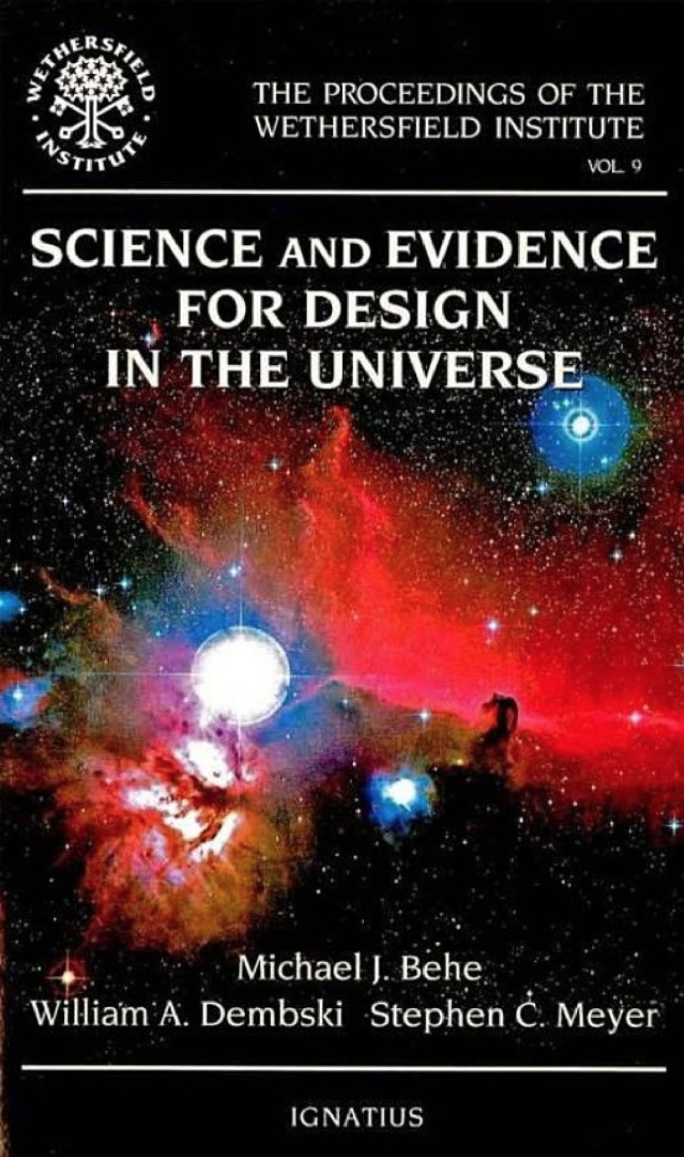
Science and Evidence for Design in the Universe
As progress in science continues to reveal unimagined complexities, three scientists revisit the difficult and compelling question of the origin of our universe. As mathematician, biochemist, and philosopher of science, they explore the possibility of developing a reliable method for detecting an intelligent cause and evidence for design at the origin of life. In the process, they present a strong Read More ›
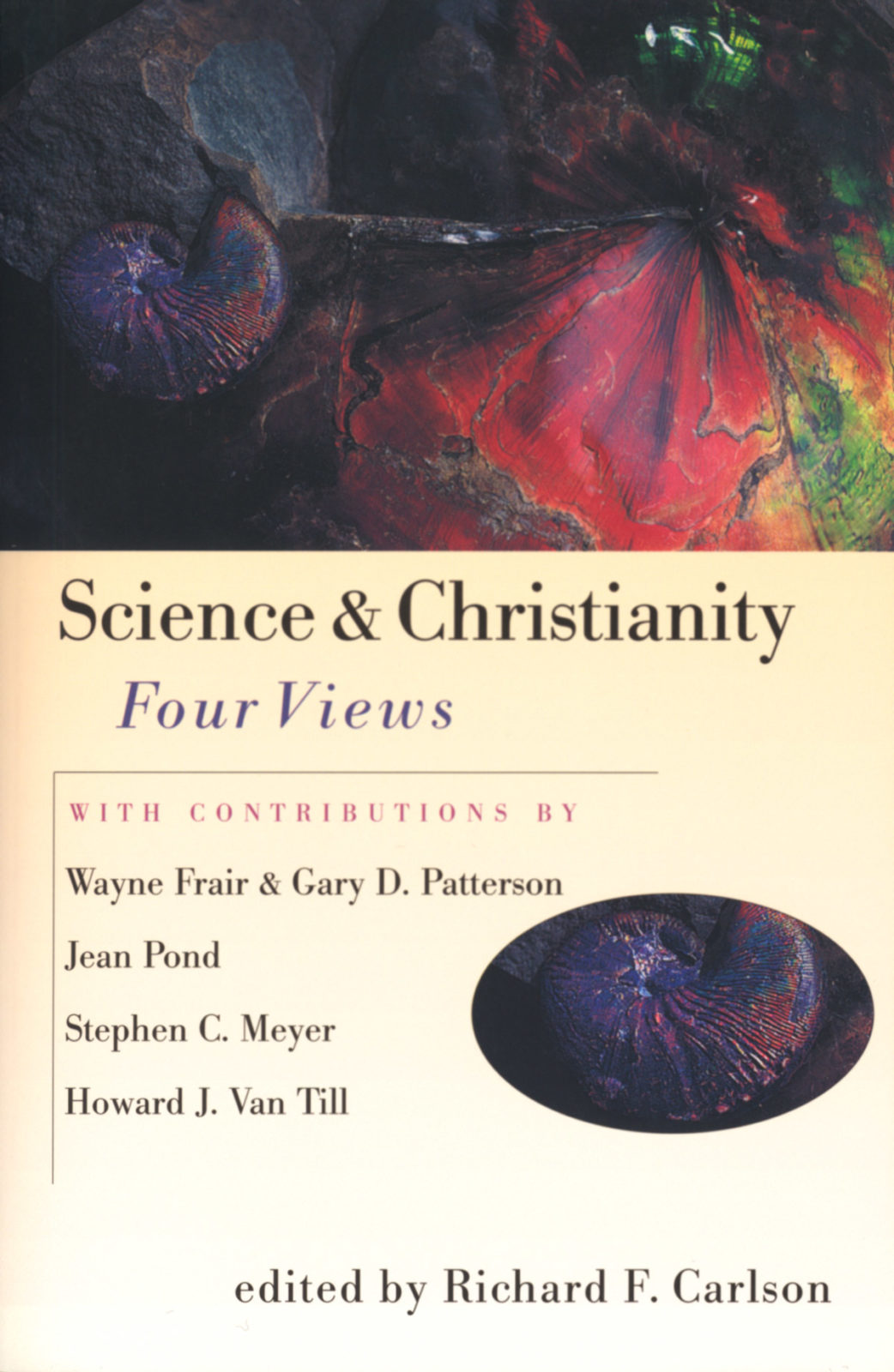
Science & Christianity
At the beginning of the 21st century, Christians continue to wonder whether faith and science are partners or opponents. In this book, six scholars sort through the issues as they present four views on the relationship of science and Christianity. These views include creationism, independence, qualified agreement, and partnership. Contributor Jean Pond is a proponent of the “independence” model. She Read More ›
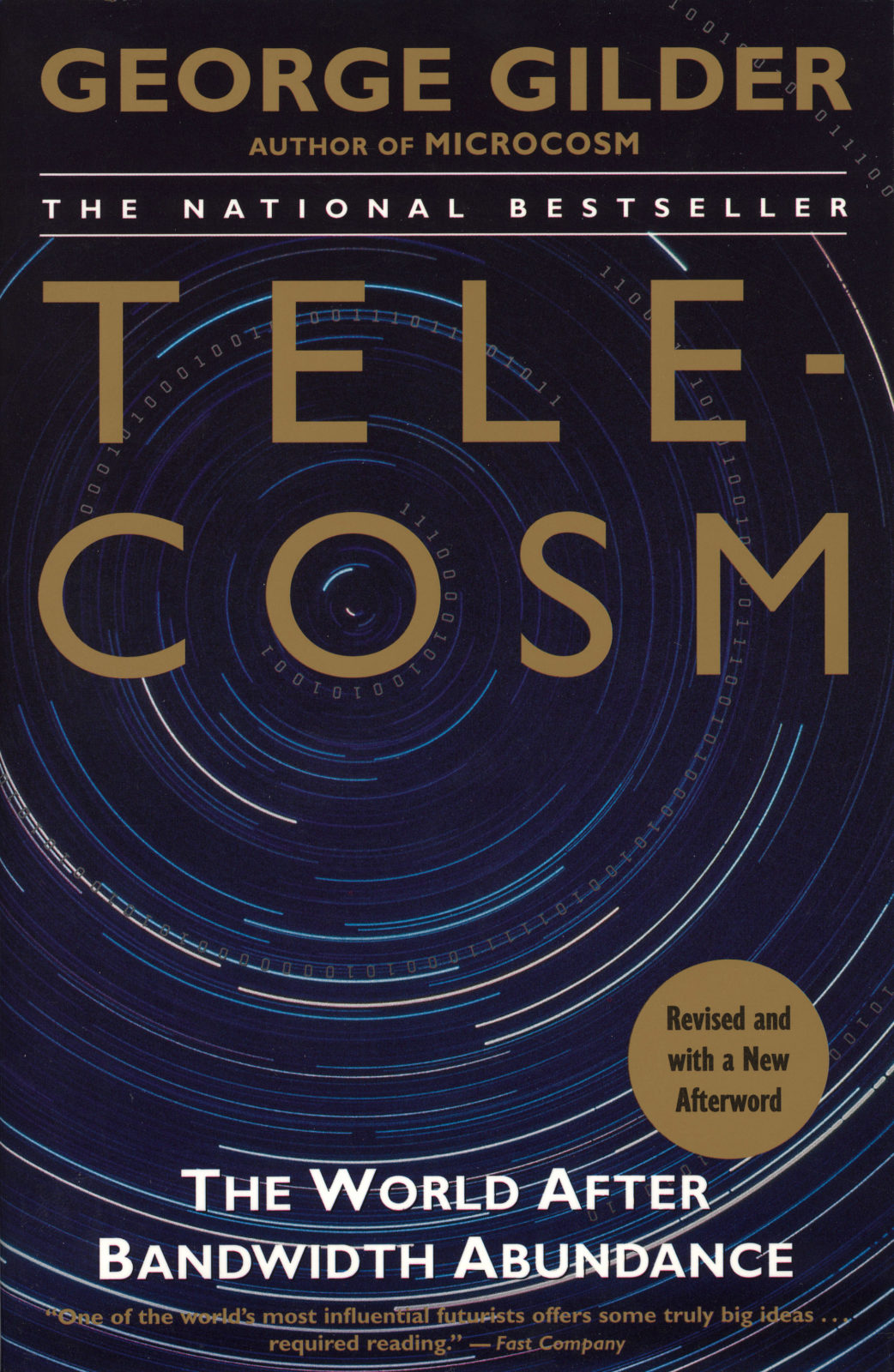
Telecosm
The computer age is over. After a cataclysmic global run of thirty years, it has given birth to the age of the telecosm — the world enabled and defined by new communications technology. Chips and software will continue to make great contributions to our lives, but the action is elsewhere. To seek the key to great wealth and to understand Read More ›
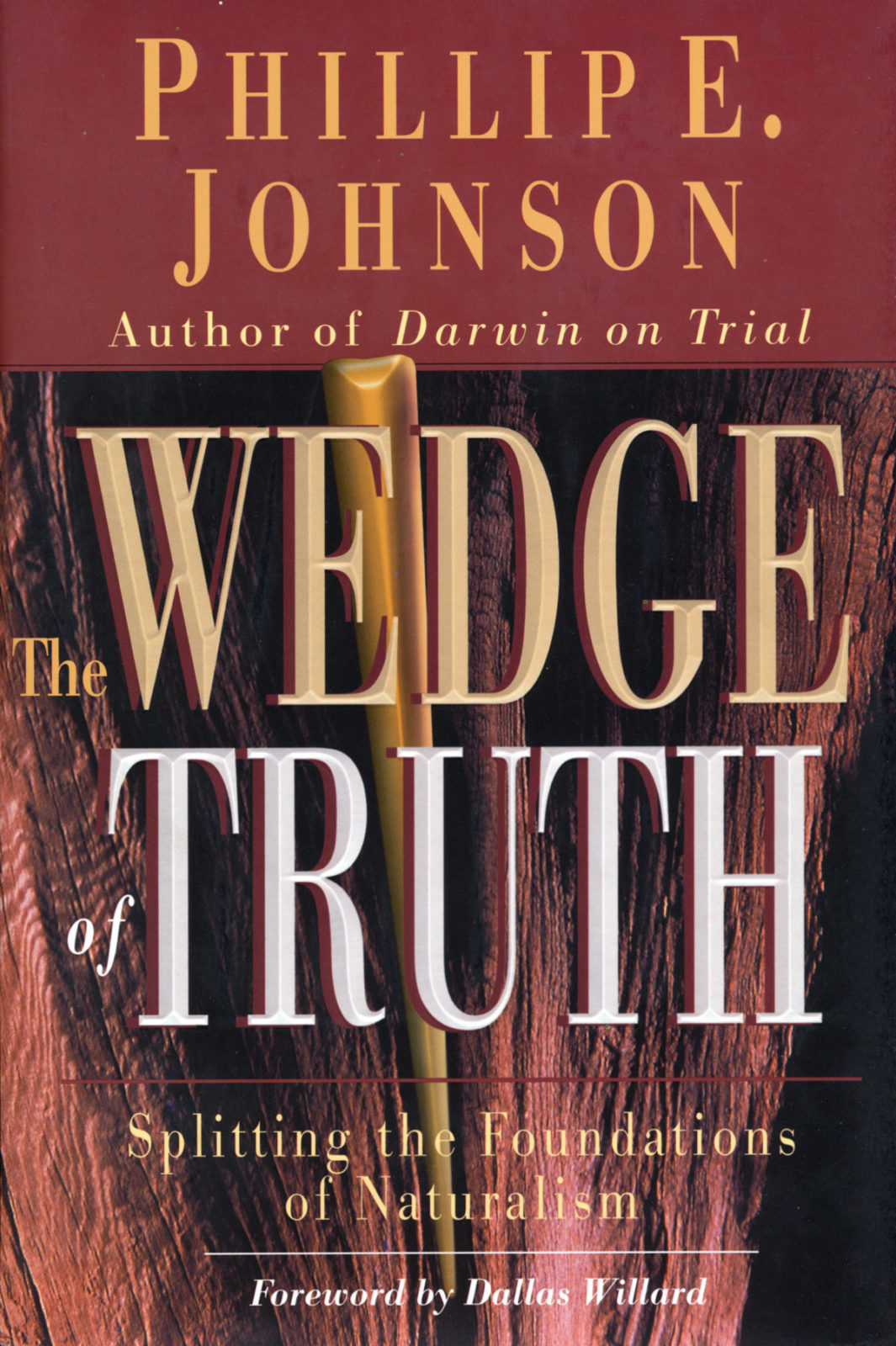
The Wedge of Truth
Science is the supreme authority in our culture. If there is a dispute, science arbitrates it. If a law is to be passed, science must ratify it. If truth is to be taught, science must approve it. And when science is ignored, storms of protest are heard in the media, in the university — even in local coffee shops. Yet Read More ›
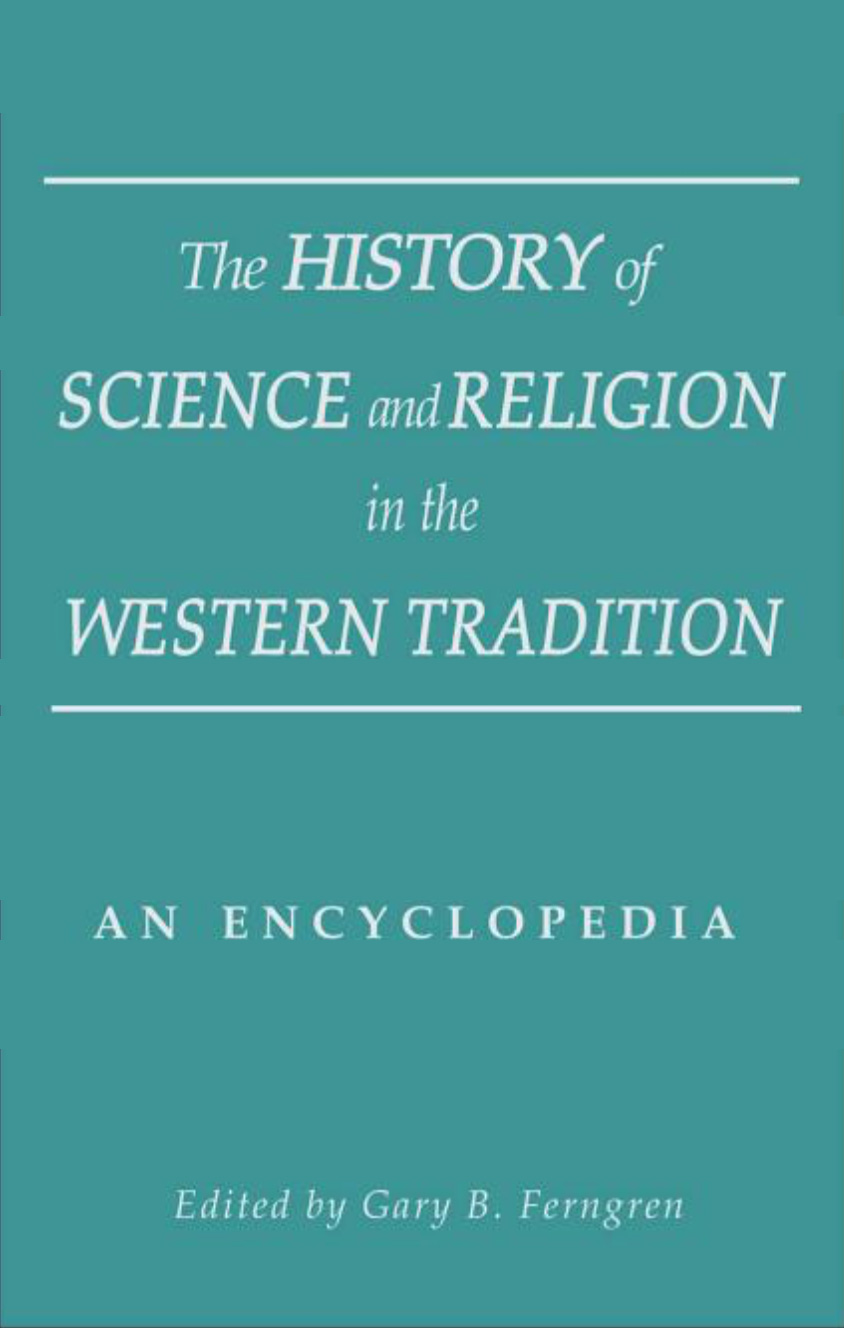
The History of Science and Religion in the Western Tradition
This comprehensive volume covers the history of science and religion in Western Civilization with dozens of contributions from leading scholars. Discovery Fellow Stephen C. Meyer authors the entry “The Demarcation of Science and Religion,” where he notes that some theologians have defined religion as the study of God through revelation, while science is the study of the natural world. Meyer Read More ›
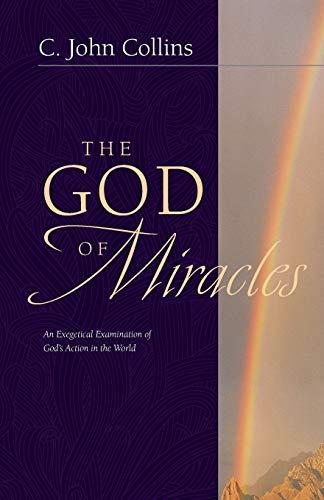
The God of Miracles
Part of the debate over the existence of God centers on questions about the possibility and “provability” of miracles. In this groundbreaking work, Dr. C. John Collins, a Discovery Institute Fellow, provides a thorough exegetical foundation for discussing God’s action in the world within the framework of biblical Christian theology. Collins begins by presenting and contrasting the options within traditional Read More ›